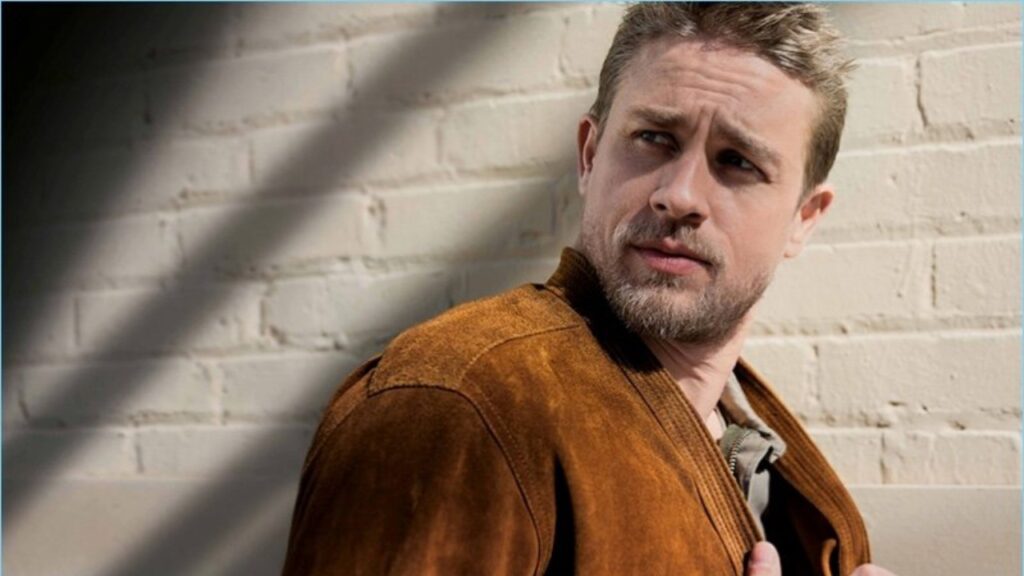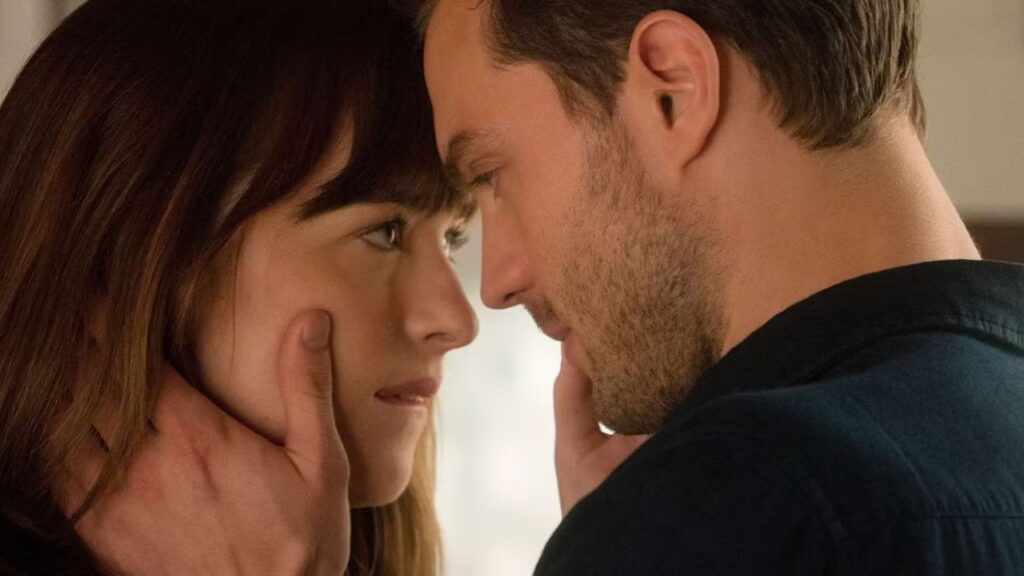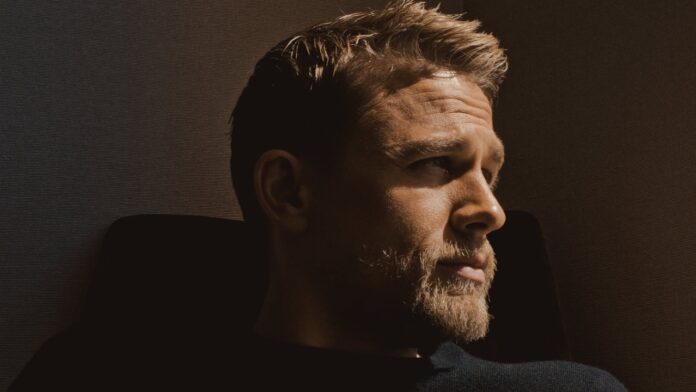In 2013, Charlie Hunnam was touted to play the role of Christian Grey in the eagerly awaited movie adaptation of E.L. James’s book, ‘Fifty Shades of Grey.’ Dakota Johnson was on board as the leading woman, Anastasia Steele. So, Hunnam’s departure from the project was surprising, especially given the amount of speculation and interest that followed. He admitted, “It was the most emotionally destructive and difficult thing that I’ve ever had to deal with professionally. It was heartbreaking.”
Hunnam cited scheduling issues, personal considerations, and creative differences as his reasons for leaving the project. Each played a significant role in his withdrawal from a position he had initially desired and a point of personal pride. In the wake of his exit, Jamie Dornan signed on to play the kinky billionaire.
When Charlie Hunnam Had A Nervous Breakdown

When Hunnam was cast, he was in the middle of several simultaneous projects. He was shooting the last season of ‘Sons of Anarchy‘ and had already accepted a commitment to Guillermo del Toro’s film, ‘Crimson Peak,’ at the time of casting. Scheduling all of these projects together proved quite problematic. Hunnam explained how he was between wrapping ‘Sons of Anarchy‘ on one Friday evening, flying to Vancouver the next morning to start ‘Fifty Shades of Grey,’ then immediately on to ‘Crimson Peak‘ in Toronto after.
He described the process as exhausting in a 2015 interview with V Man, as he said, “I just had like frankly, something of a nervous breakdown.” Ultimately, the rigors of a very heavy work schedule caused him to realize he had “bit off more than [he] could chew,” and therefore not able to commit himself completely to the character of Christian Grey. Personal Obligations and Ethical Conduct.
Related: Jamie Dornan Reveals How He Dodged The Criticism After ‘Fifty Shades’
In addition to his work obligations, Hunnam also faced personal issues that played a role in his decision. He noted that he had promised Guillermo del Toro more than a year prior that he would star in ‘Crimson Peak‘, and he tried to honor that commitment. He stated, “I’d given Guillermo my word. I was going to do this film.” That sense of obligation really made it difficult for him to step away from ‘Fifty Shades of Grey‘ since he felt he would let down those who had become involved in the project with him. Hunnam recalled this time as “the worst professional experience of [his] life” and “heartbreaking,” highlighting the emotional toll it had taken on him.
Creative Differences Plagued ‘Fifty Shades Of Grey’

In addition to scheduling and personal obligations, Hunnam also mentioned that creative issues were a factor in his departure. He was also a writer, as he had written the script for Vlad, so he had some expectations about the script for ‘Fifty Shades of Grey.’ He provided a large amounts of notes on the adaptation, which, whilst initially appreciated, led him to ultimately ask the adaptation team if his changes would warrant a re-approval from the script he originally had.
In case you missed it: “That Was F***ing Scary”: Jamie Dornan Recalls A Stalker Terrifying His Family At Their Home After His ‘Fifty Shades’ Fame
Hunnam was turned down, resulting in a conflict between him and the production team, including director Sam Taylor-Johnson. The confrontation peaked when he chose to walk away because there wasn’t a marriage of his personal vision for the character and story with the direction of the production
Hunnam Still Feels The Emotional Weight Of Leaving ‘Fifty Shades of Grey’

The opportunity to walk away from ‘Fifty Shades of Grey‘ wasn’t a light one and weighed heavily on Hunnam personally. He labeled the experience as “quite a difficult, unpleasant, and emotional experience,” underlining his personal distress in confronting the decision.
Hunnam relayed the decision to director Sam Taylor-Johnson, which yielded a series of teary calls during which “we both cried our eyes out on the phone for 20 minutes.” This offers insight into the weight of his inner struggles and what it meant to make that particular decision. Hunnam seems to remember the moment with conflicted, but justified, emotions, stemming from wanting to keep his professional integrity and personal sanity. He recalls in hindsight that the opportunity was a watermark in his life, where actors have difficulty tending to simultaneous commitments yet caring about their art.





